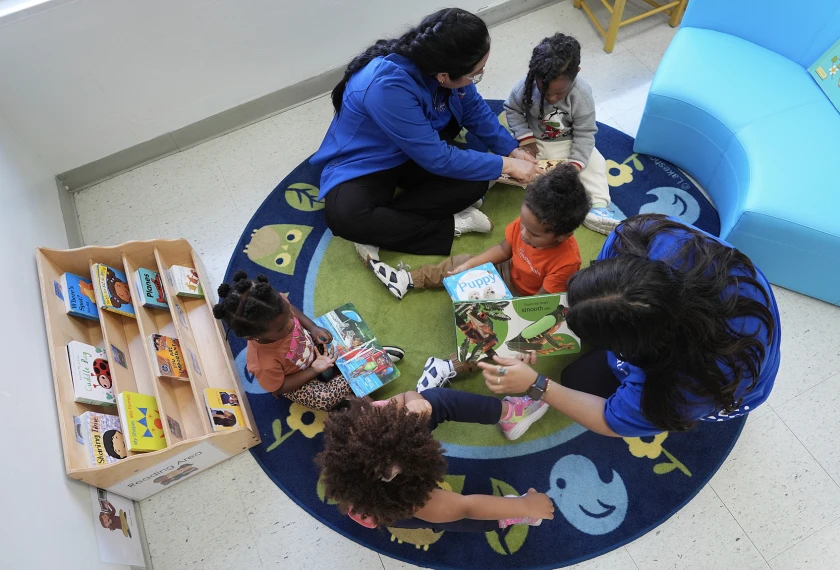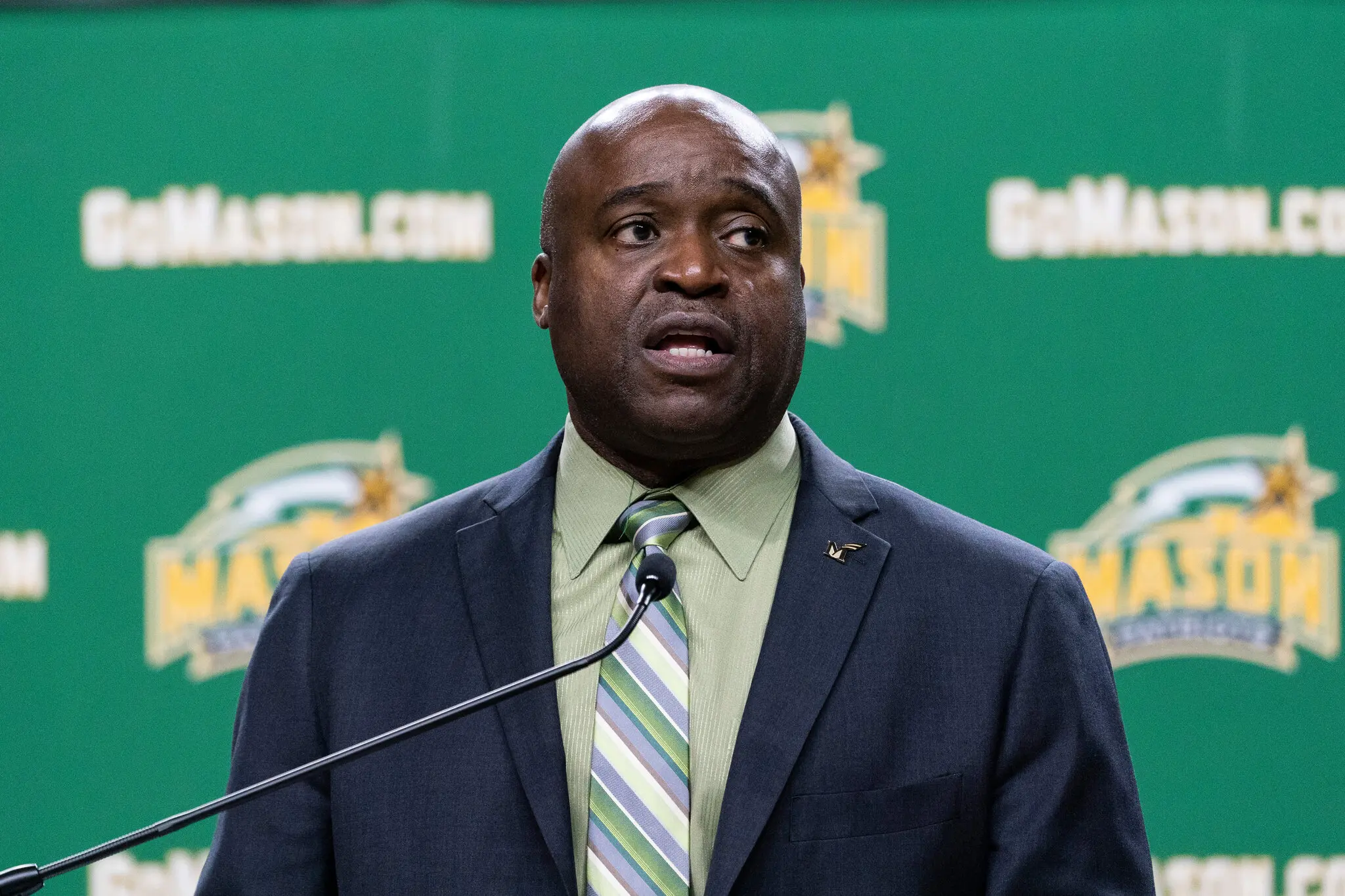Head Start Grantees Scramble for Clarity on New Rule Barring Undocumented Children
Local Head Start providers across the U.S. face confusion and concern after the Trump administration abruptly reclassified the program, sparking a policy shift that excludes undocumented children and leaves grantees scrambling for guidance.
Head Start grantees nationwide were thrown into turmoil following an abrupt federal directive on July 10, 2025, that reclassifies the long‑standing early childhood program as a “federal public benefit,” effectively banning undocumented children and other non‑qualified immigrants from eligibility The change, issued by the Department of Health and Human Services and echoed by the Education Department, upends nearly three decades of precedent where Head Start served children based on need—not immigration status Providers across states such as Illinois, Wisconsin, Connecticut, Florida, and Vermont said they have received no concrete instructions on how to apply the rule, raising fears that networks serving low-income families will collapse under administrative pressure ([turn0search1]([wordlim](https://www. ffyf. org/update-hhs-reclassification-of-head-start-excluding-undocumented-children-from-enrollment/)), [turn0search3]([wordlim](https://www.
ilheadstart. org/advocacy_whats_going_on_righ. php)), [turn0search11]([wordlim](https://www.
chalkbeat. org/chicago/2025/07/22/illinois-head-start-providers-confused-after-trump-administration-guidance/))), ([turn0search6]([wordlim](https://www. wpr.
org/news/new-trump-rule-bans-undocumented-immigrant-families-from-head-start))). The unknowns are mounting: grantees ask how to verify immigration status, what documentation to ask for, and whether nonprofit operators are exempt from verification requirements under the PRWORA law. Many agencies have historically avoided collecting citizenship data from families.
Under the new interpretation, Head Start enrollment now hinges both on income eligibility and legal immigration status—regardless of prior guidance that separated educational access from welfare eligibility and instead prioritized inclusive early education services ([turn0search2]([wordlim](https://www. edweek. org/policy-politics/trump-admin-says-undocumented-students-cant-attend-head-start-early-college/2025/07))).
Advocates warn that the rule will have a chilling effect beyond undocumented families. Parents from mixed-status households, DACA recipients, refugees, and even legal immigrants are questioning whether they can enroll freely. In Vermont and elsewhere, providers say fear is already deterring families from registering their American-born children—a shift that could markedly depress enrollment numbers and risk funding tied to headcount ([turn0search9]([wordlim](https://vtdigger.
org/2025/07/27/new-restrictions-for-immigrants-could-chill-head-start-enrollment-advocates-say/))). The National Head Start Association swiftly issued a statement condemning the change, calling it an “undermining of our nation’s commitment to children” and insisting Head Start “rejected the characterization of any child as ‘illegal’. ” They highlighted legal concerns over how the rule was issued without formal notice-and-comment procedures and raised alarms over implementation burdens.
Yasmina Vinci, the executive director, emphasized that the move will destabilize programs that have served millions of children for sixty years ([turn0search10]([wordlim](https://www. flheadstart. org/news-articles))).
Within days, more than 20 Democratic state attorneys general, including from New York, California, and Illinois, filed a federal lawsuit challenging the policy. The complaint asserts the rule violates administrative law by bypassing proper regulatory procedure and could jeopardize $700 million in Head Start funds for just New York State alone. Legal advocates say the directive threatens providers' viability and reduces access not only for undocumented children but low-income citizens whose families may not have documentation ([turn0news16]([wordlim](https://www.
reuters. com/legal/government/democratic-ags-sue-bar-immigration-requirements-head-start-other-federal-2025-07-21/))), ([turn0news18]([wordlim](https://www. axios.
com/2025/07/21/states-sue-trump-public-benefit))). Government agencies also face criticism: a Government Accountability Office report released July 23 found that HHS violated the Impoundment Control Act by delaying release of congressionally appropriated Head Start funds earlier in the year, another blow to grantee trust and operational continuity ([turn0search3]([wordlim](https://www. ilheadstart.
org/advocacy_whats_going_on_righ. php))). Meanwhile, providers in Illinois report daily calls from families and uncertainty over whether they must now verify immigration status—even though the federal guidance has yet to provide procedures or tools for compliance ([turn0search11]([wordlim](https://www.
chalkbeat. org/chicago/2025/07/22/illinois-head-start-providers-confused-after-trump-administration-guidance/))). Critics argue the policy betrays the spirit of the 1982 *Plyler v.
Doe* Supreme Court decision, which guarantees undocumented children access to K‑12 education. Administration lawyers insist the new classification excludes only early childhood and postsecondary programs (such as Head Start or dual enrollment), not basic schooling. Still, experts warn the narrow interpretation erodes legal precedent and sets a slippery slope toward further education restrictions ([turn0search2]([wordlim](https://www.
edweek. org/policy-politics/trump-admin-says-undocumented-students-cant-attend-head-start-early-college/2025/07))), ([turn0search15]([wordlim](https://www. nilc.
org/articles/what-new-federal-notices-mean-for-immigrants-program-eligibility/))). Providers in states like Wisconsin, Illinois, and Connecticut reported that families previously felt safe enrolling children in Head Start—even undocumented parents—because the program was historically welcoming. That trust, stakeholders warn, is crumbling as parents weigh the risk of exposure or potential immigration detection.
Executive directors describe scenes of panic and silence among families, with some refusing services entirely, which in turn threatens program funding tied to totals of enrolled children ([turn0search6]([wordlim](https://www. wpr. org/news/new-trump-rule-bans-undocumented-immigrant-families-from-head-start))).
The policy shift applies not just to early education but to other HHS programs, including community health centers and behavioral health services. Under the revised interpretation of the Personal Responsibility and Work Opportunity Act, programs historically exempted—such as mental health, substance use treatment, and community clinics—are now reclassified as public benefits with eligibility limited to “qualified immigrants” ([turn0search5]([wordlim](https://www. hhs.
gov/press-room/prwora-hhs-bans-illegal-aliens-accessing-taxpayer-funded-programs. html))). Public comments were opened for 30 days starting mid-July, but HHS ordered immediate effect, providing no grace period for grantees to adjust.
Critics argue agencies are now forced to choose between turning away undocumented children or risking compliance violations, legal exposure, or funding penalties. Nonprofit operators previously insulated from verification burdens are now unsure whether they must collect documents or refuse service ([turn0search1]([wordlim](https://www. ffyf.
org/update-hhs-reclassification-of-head-start-excluding-undocumented-children-from-enrollment/))). Local Head Start directors voiced frustration that the policy undermines decades of inclusive practice and potentially violates constitutional principles. Some warn the requirement may disqualify children of U.
S. -born parents, if documentation is not clear. Legal experts anticipate litigation arguing the rule fails to justify its radical reinterpretation and exceeds agency authority under PRWORA and Administrative Procedure Act obligations ([turn0search4]([wordlim](https://www.
chalkbeat. org/2025/07/10/no-head-start-for-undocumented-immigrant-parents-trump-administration-rules/))). Meanwhile, grantees are trying to maintain operations: many have instituted temporary moratoriums on new enrollments, increased outreach to legal aid and immigrant advocacy groups, and sought interim guidance from their state education agencies.
Some have paused promotional campaigns for summer programs, worrying about liability if undocumented children register. Others are training staff on how to respond to parental questions—even as official answers remain absent. Public officials in several states have issued statements criticizing the rule and affirming commitment to inclusive access.
Governors from Democratic states called on Congress and education leaders to intervene and demanded that HHS provide immediate operational guidance. Some have pledged continued support for children ineligible under federal rules through state or private funding. The stakes are high: Head Start supports more than a million of the country’s most vulnerable children each year—providing early learning, nutrition, health screenings, and social services to low-income families.
Many economists and early childhood experts warn that excluding children based on immigration status undermines national goals around school readiness, equity, and social mobility. As the new school year approaches, Head Start grantees remain caught in a policy limbo. They must balance legal uncertainty, administrative chaos, reduced enrollment risk, and the moral imperative to serve children in need.
Until clearer federal regulations—or successful litigation—offers direction, many communities face growing gaps in early childhood services, and providers urge policymakers to restore long‑standing protections. In the meantime, national and state advocates continue fighting for inclusivity, arguing that children—regardless of immigration status—deserve access to foundational early education, health care, and support. President Biden and congressional leaders in both parties face mounting pressure to resolve the issue and reaffirm America’s commitment to lifting up all children, regardless of background.
28th july 2025



